As a kitchen professional or enthusiastic home cook, its crucial to know when should you use a plastic cutting board. While cutting boards come in various materials, from wood to bamboo and even glass, plastic boards have carved a niche in specific situations due to their unique functionality. But are you leveraging their advantages fully?
This guide dives deep into the unmissable benefits, shocking considerations, and life-changing hygiene tips of using plastic cutting boards in todays kitchens.
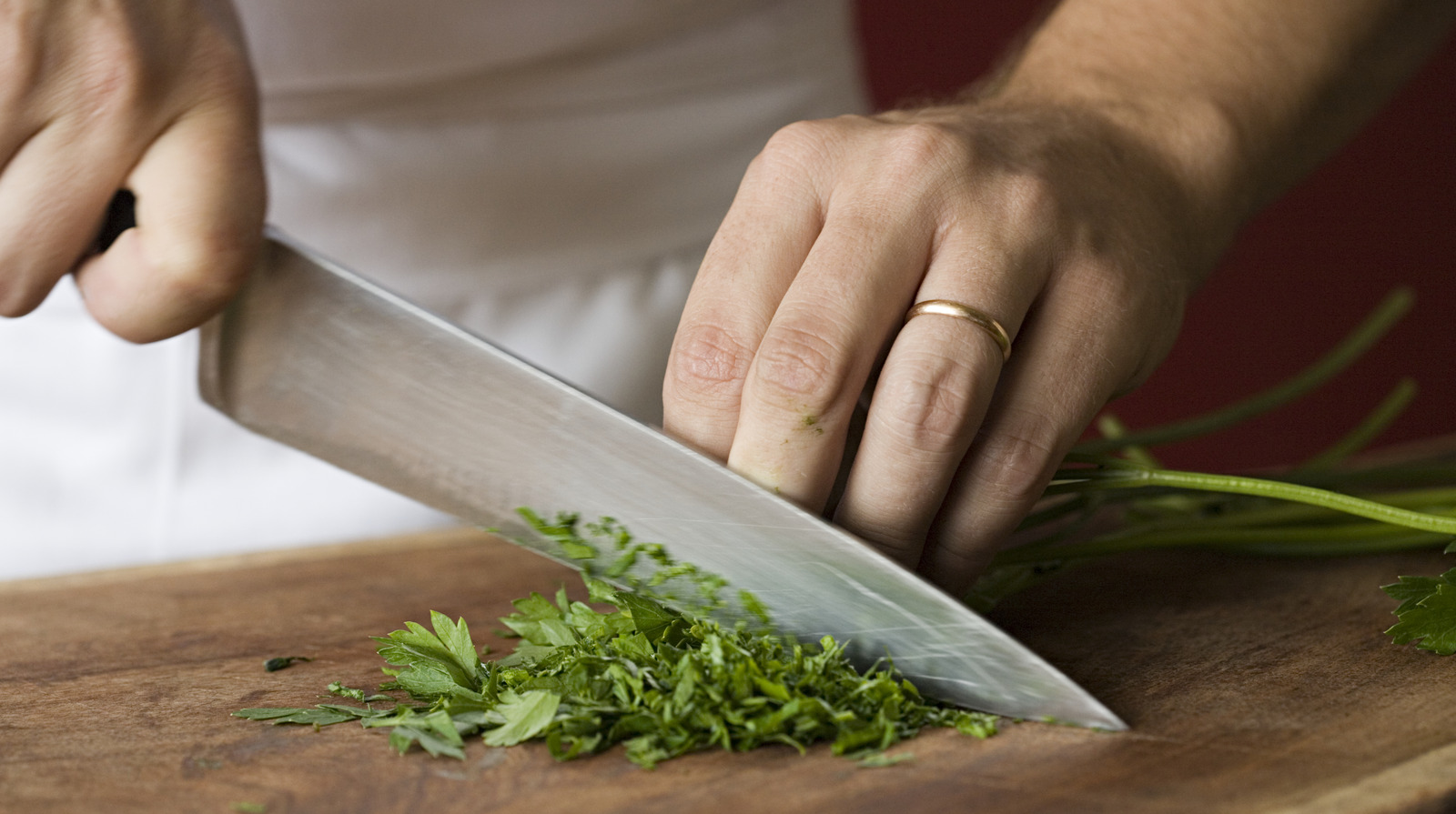
The Role of Plastic Cutting Boards in Food Safety
Plastic cutting boards are kitchen-approved solutions where food safety is non-negotiable. Their non-porous surface prevents bacteria from seeping deep into the material, making them an ideal choice for cutting raw meats, seafood, and poultry. Wooden boards, while beautiful, might retain juices and harbor bacteria if not thoroughly maintained. But when cross-contamination is your enemy, you know when should you use a plastic cutting board.
Learn more about food safety guidelines for cutting boards by checking out How to Clean and Sanitize Cutting Boards.
Top Reasons to Pick a Plastic Board Over Wooden Ones
- Ease of Cleaning: Plastic boards can be put in a dishwasher, unlike most wooden boards.
- Better Color Coding: Many plastic boards are color-coded, allowing separation for different food groups. Read 'Why Use a Red Cutting Board' to explore safe practices.
- Softer on Knives: Contrary to glass or stone boards that dull knives over time.
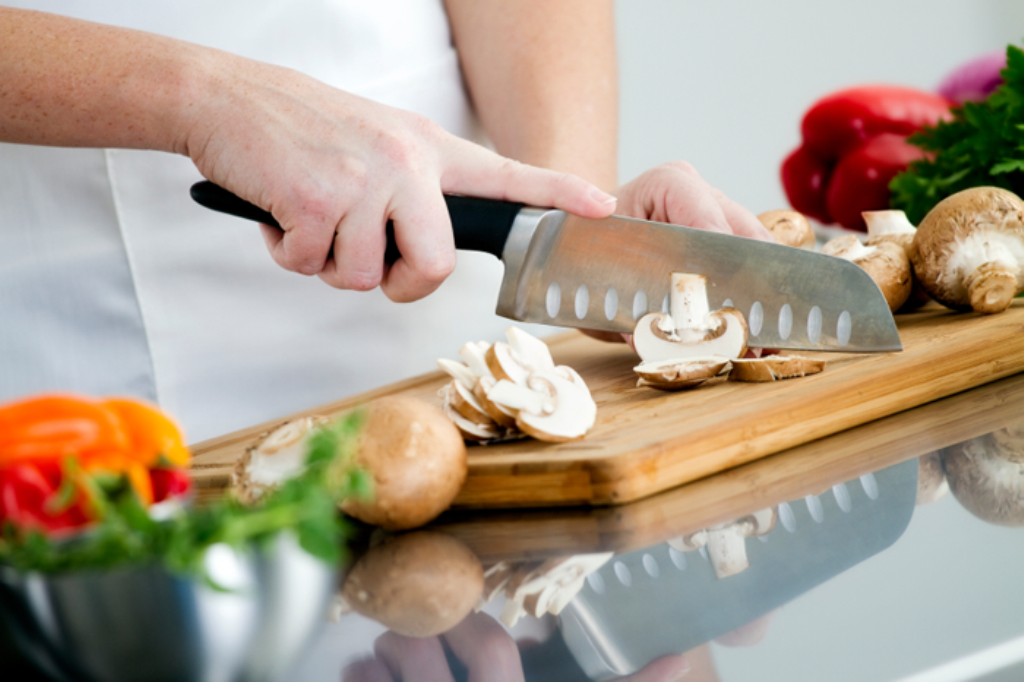
FAQs: When Should You Use Plastic Cutting Boards?
-
Q: Can plastic cutting boards be disinfected effectively?
A: Yes! Plastic boards can withstand sanitizers. Use hot water and dish soap, or disinfect them using a bleach solution according to WSU Food Safety Guidelines. -
Q: Should I replace my plastic board if it has deep knife grooves?
A: Absolutely. Deep grooves trap residue and create a breeding ground for bacteria. -
Q: Are plastic boards eco-friendly compared to wooden boards?
A: While they arent biodegradable, recycling initiatives help lessen their environmental impact.
Ultimately, knowing when should you use a plastic cutting board empowers you to make smart, kitchen-savvy choices.
This article contains affiliate links. We may earn a commission at no extra cost to you.

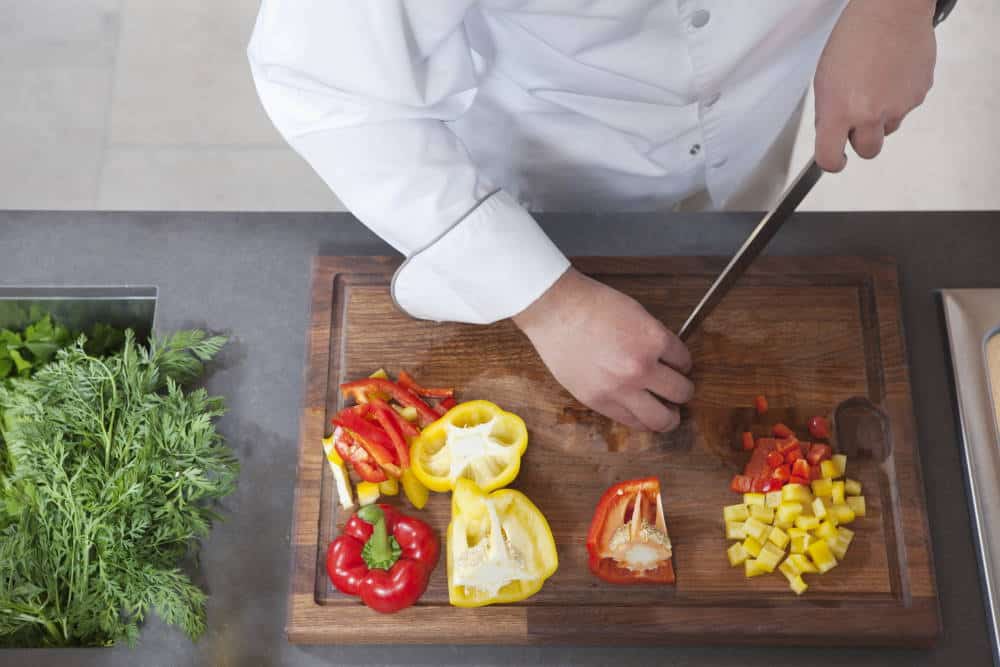


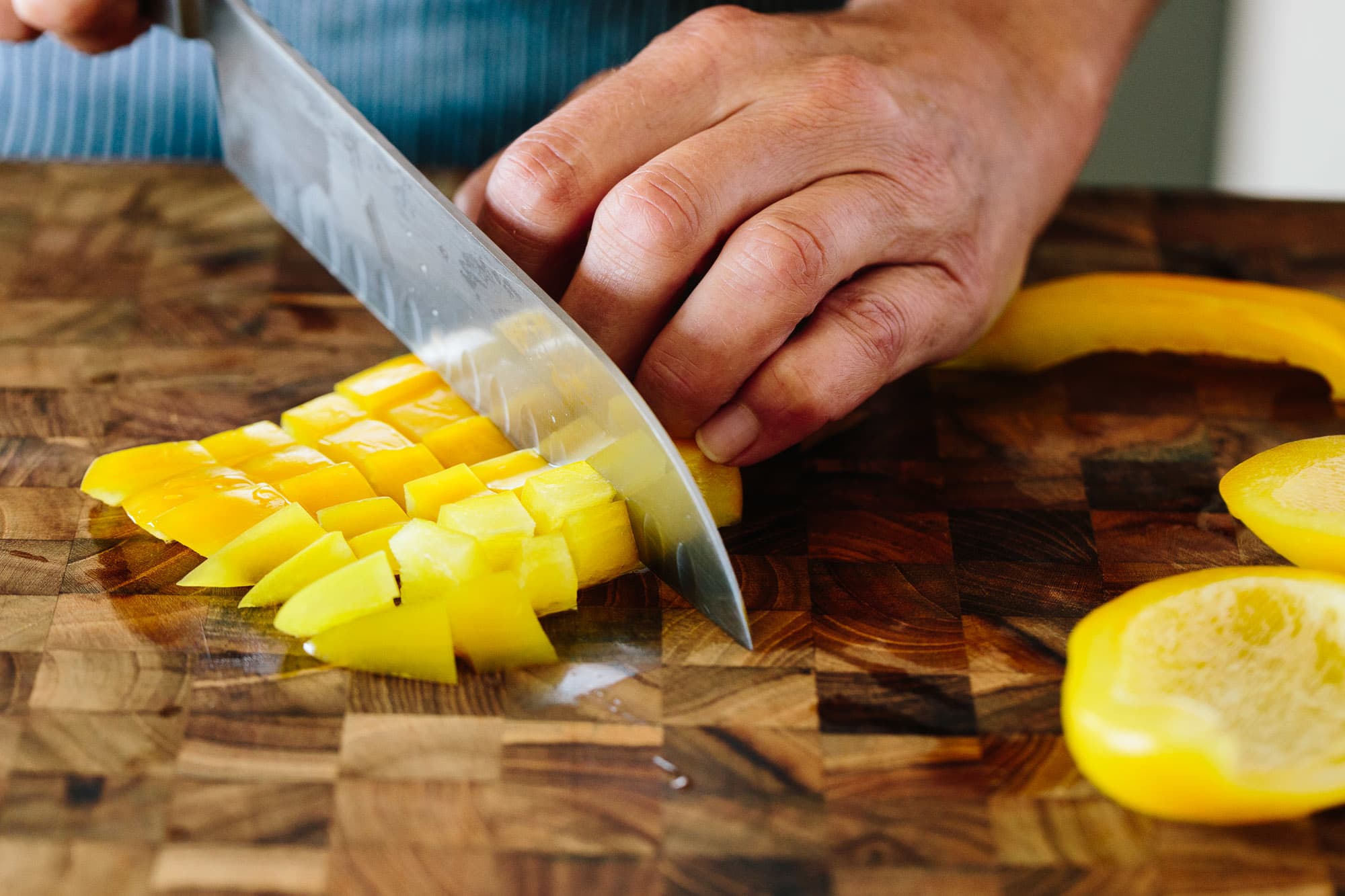
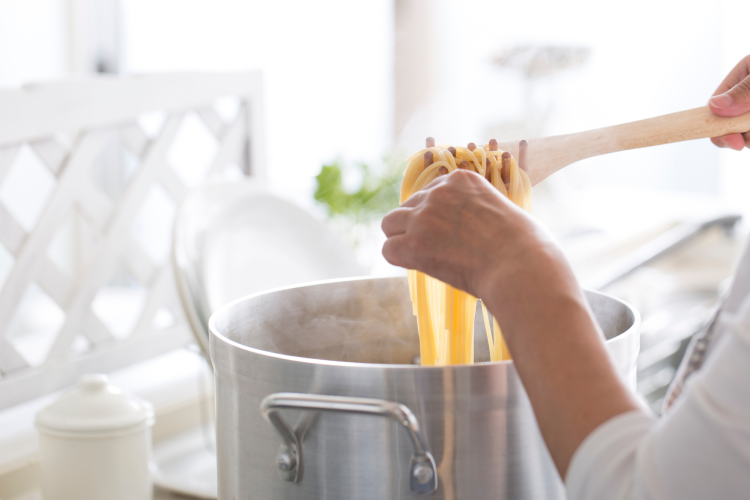
Leave a comment
This site is protected by hCaptcha and the hCaptcha Privacy Policy and Terms of Service apply.